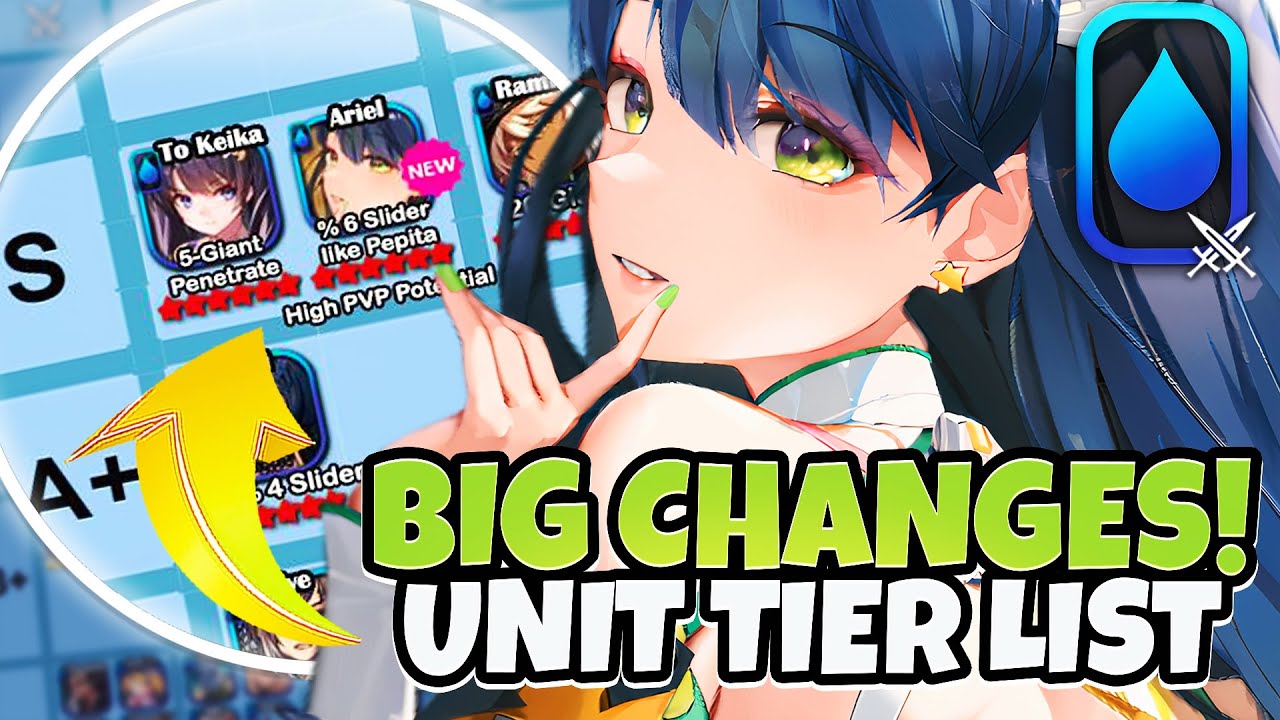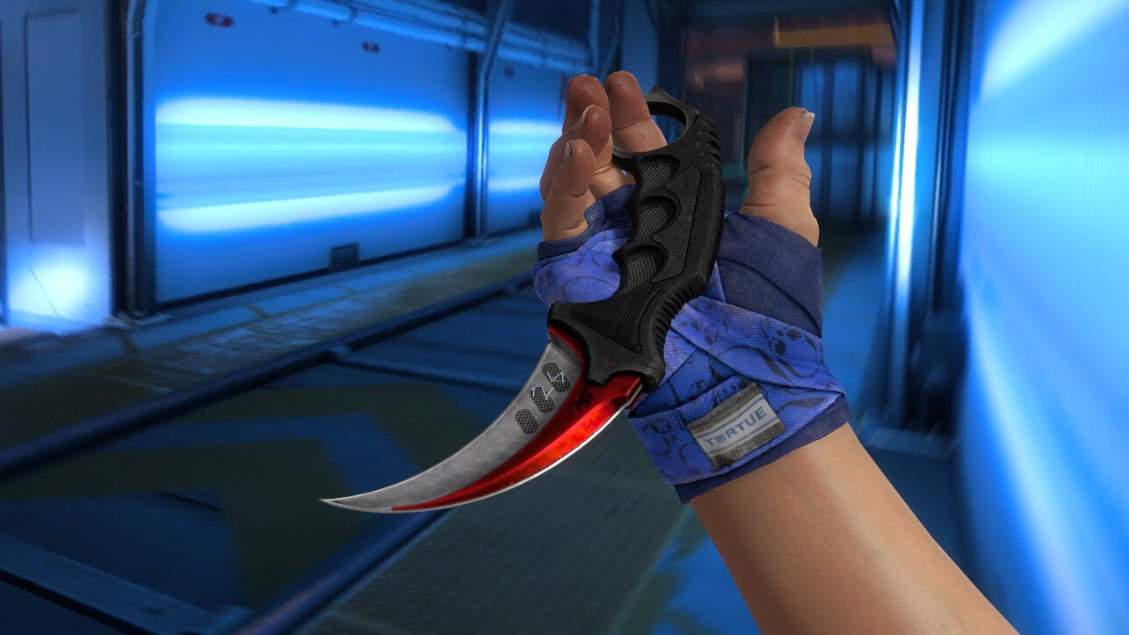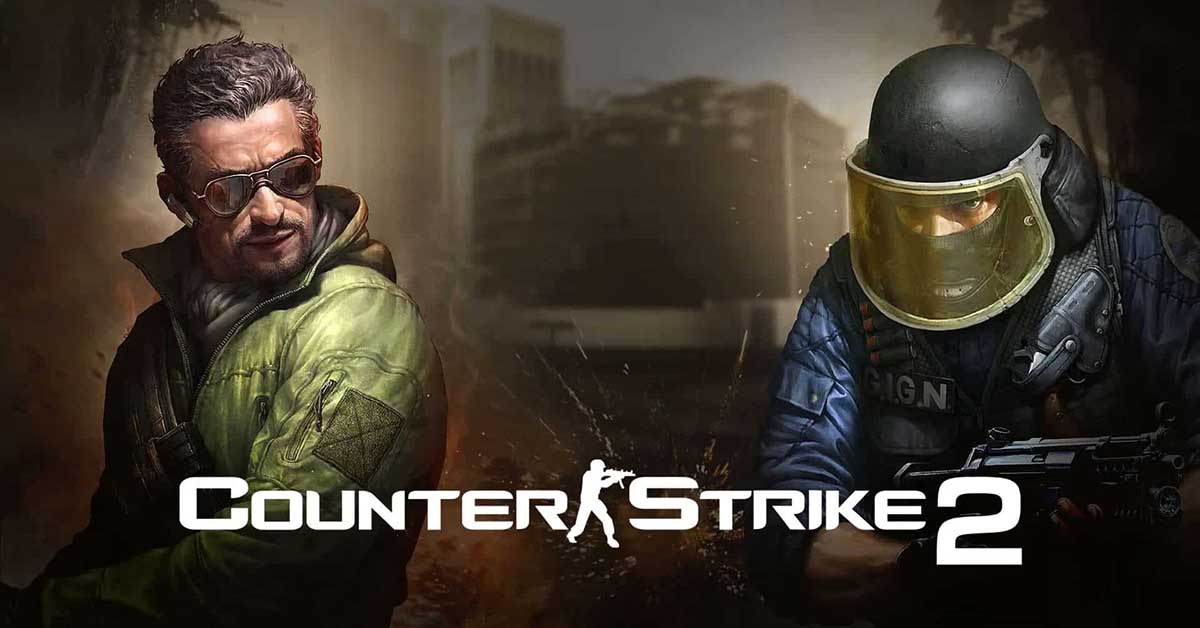When you first lay eyes on Nioh, it’s easy to draw comparisons to the Dark Souls series. The ominous atmosphere, challenging combat, and unforgiving enemies all echo the hallmarks of FromSoftware’s beloved franchise. However, as you delve deeper into Nioh, it becomes evident that this game is much more than just a Dark Souls clone. It stands on its own, offering a unique blend of Japanese history, mythology, and fast-paced combat.
The Japanese Connection
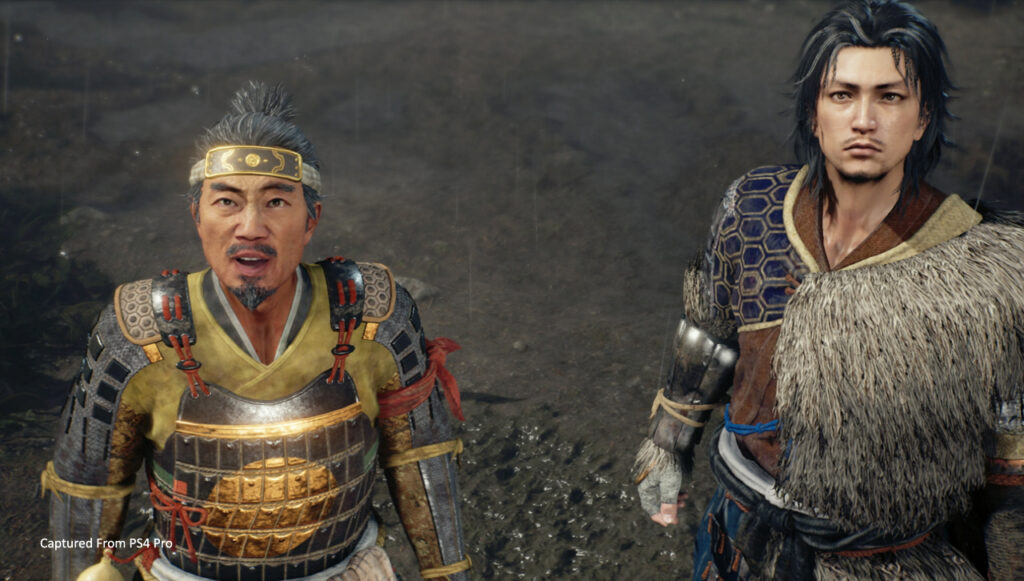
One of the most distinctive aspects of Nioh is its rich immersion in Japanese history and folklore. Set in the early 17th century during the Warring States period, the game follows the adventures of William Adams, a real-life English navigator. Nioh weaves his story into a supernatural narrative, with elements of Yokai (Japanese spirits) and various legendary creatures making appearances. This unique historical backdrop and folklore integration set Nioh apart from the standard medieval European settings of most Souls-like games.
Challenging Combat with a Twist
Nioh’s combat system is where it truly comes into its own. While Dark Souls often encourages a cautious, methodical approach to combat, Nioh opts for a more fast-paced and fluid style. Players are encouraged to master the art of “Ki Pulse,” a unique mechanic that rewards well-timed stamina management. It adds an extra layer of complexity to battles, allowing for strategic stamina recovery in the heat of combat. The game also boasts a comprehensive skill tree, providing an array of weapon options and fighting styles for players to experiment with.
Loot System and Customization
Nioh introduces a robust loot system akin to that of action RPGs. Players are constantly rewarded with various weapons, armor, and items, each with their own unique stats and abilities. This system, while at first seemingly overwhelming, allows for deep customization and encourages players to adapt their gear to suit their preferred playstyle. The loot hunt, trying to find that perfect weapon or piece of armor, can be incredibly addicting.
Level Design and Pacing
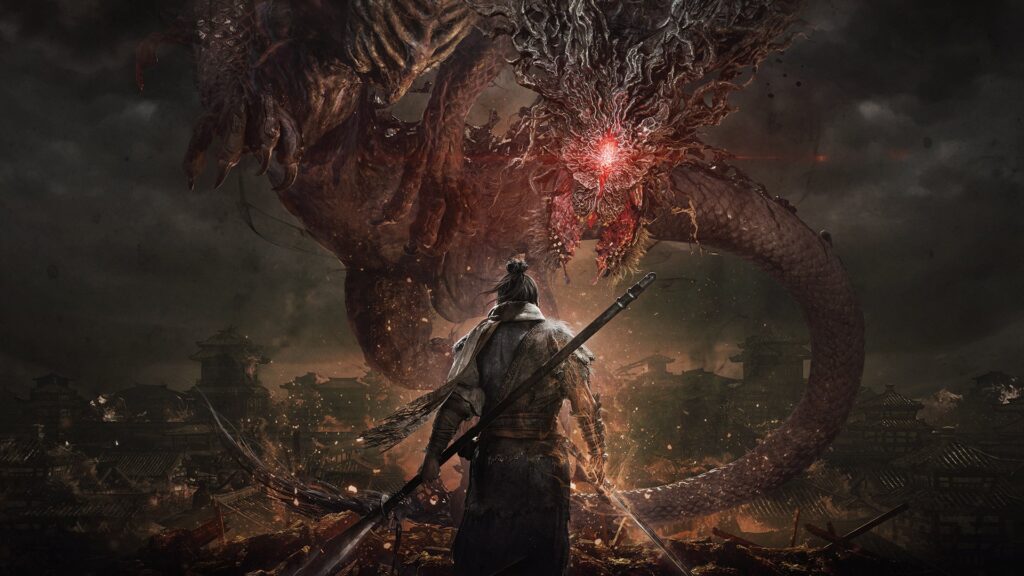
While Dark Souls often features interconnected, sprawling world design, Nioh opts for a mission-based structure, each with its own self-contained area. This approach gives the game a different sense of progression and pacing. Missions can be completed in shorter play sessions, and there’s a variety of environments to explore, from eerie Japanese villages to grandiose castles.
High Difficulty, High Reward
Like its Souls-like predecessors, Nioh doesn’t shy away from high difficulty. It’s a game that demands precision, quick reflexes, and a willingness to learn from your mistakes. However, it rewards perseverance with a deep and satisfying combat system, a wealth of loot to collect, and the thrill of conquering challenging bosses.
Conclusion
Nioh may have drawn initial comparisons to Dark Souls, but it swiftly asserts its own identity. With its unique Japanese setting, fast-paced combat, extensive customization options, and addictive loot system, Nioh stands as a formidable action RPG in its own right. It caters to those who seek a challenge while delivering a compelling narrative steeped in history and mythology. So, if you’re a fan of the Souls-like genre or simply looking for a captivating action RPG, Nioh is more than worth your time and attention.
The Review
Apple macOS Sierra
A wonderful serenity has taken possession of my entire soul, like these sweet mornings of spring which I enjoy with my whole heart. I am alone, and feel the charm of existence in this spot, which was created for the bliss of souls like mine. Gregor then turned to look out the window at the dull weather. Drops of rain could be heard hitting the pane, which made him feel quite sad.
PROS
- Good low light camera
- Water resistant
- Double the internal capacity
CONS
- Lacks clear upgrades
- Same design used for last three phones
- Battery life unimpressive

























